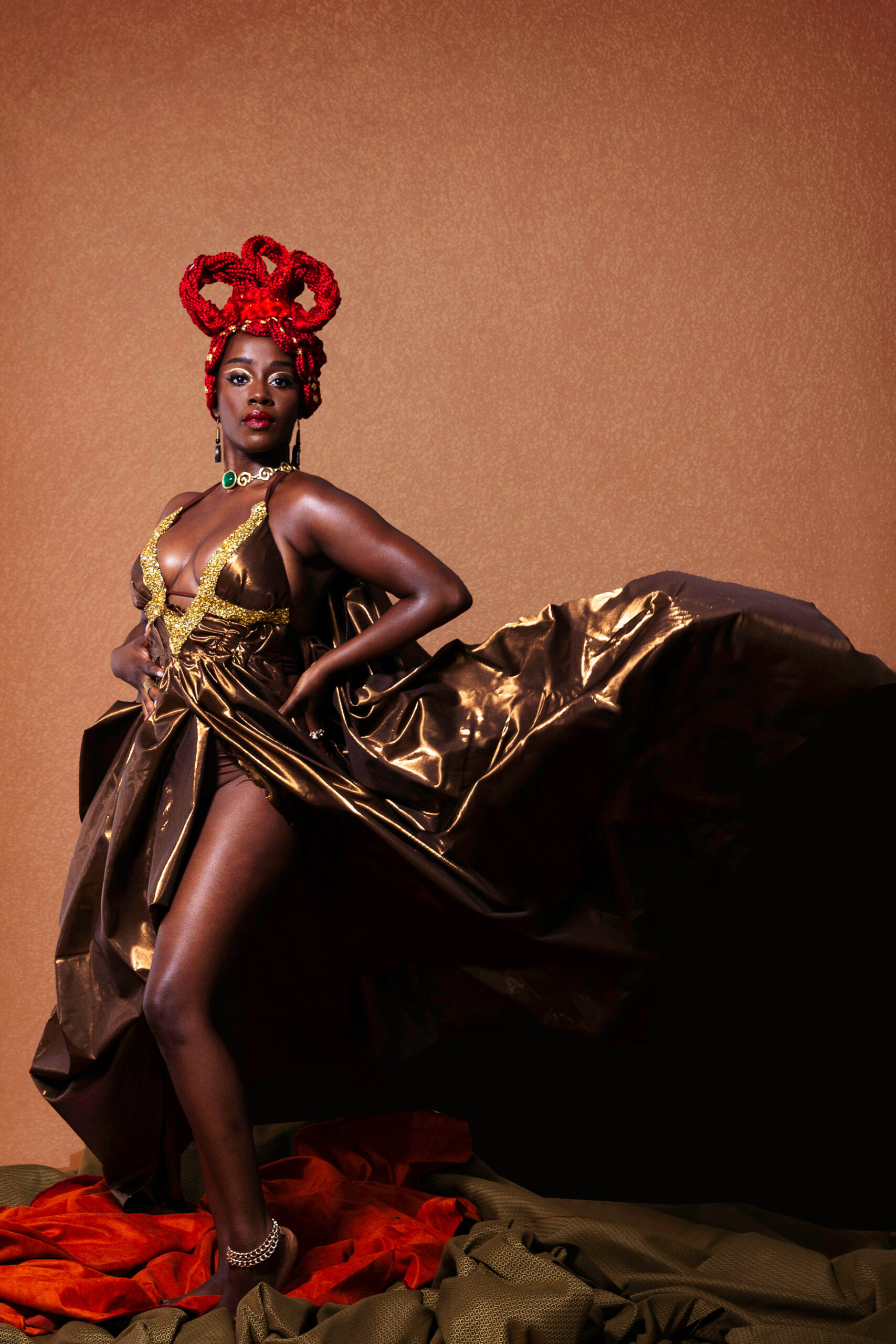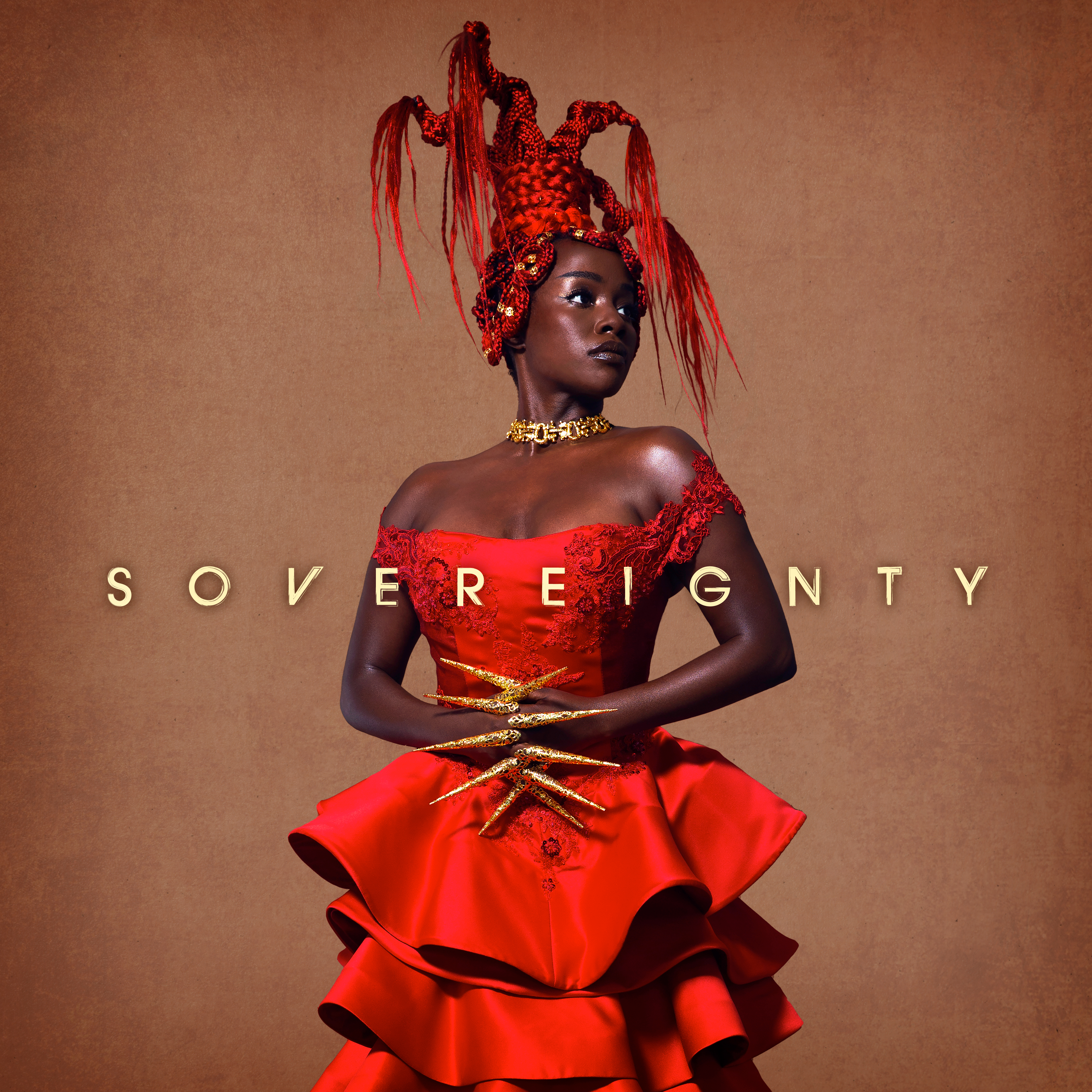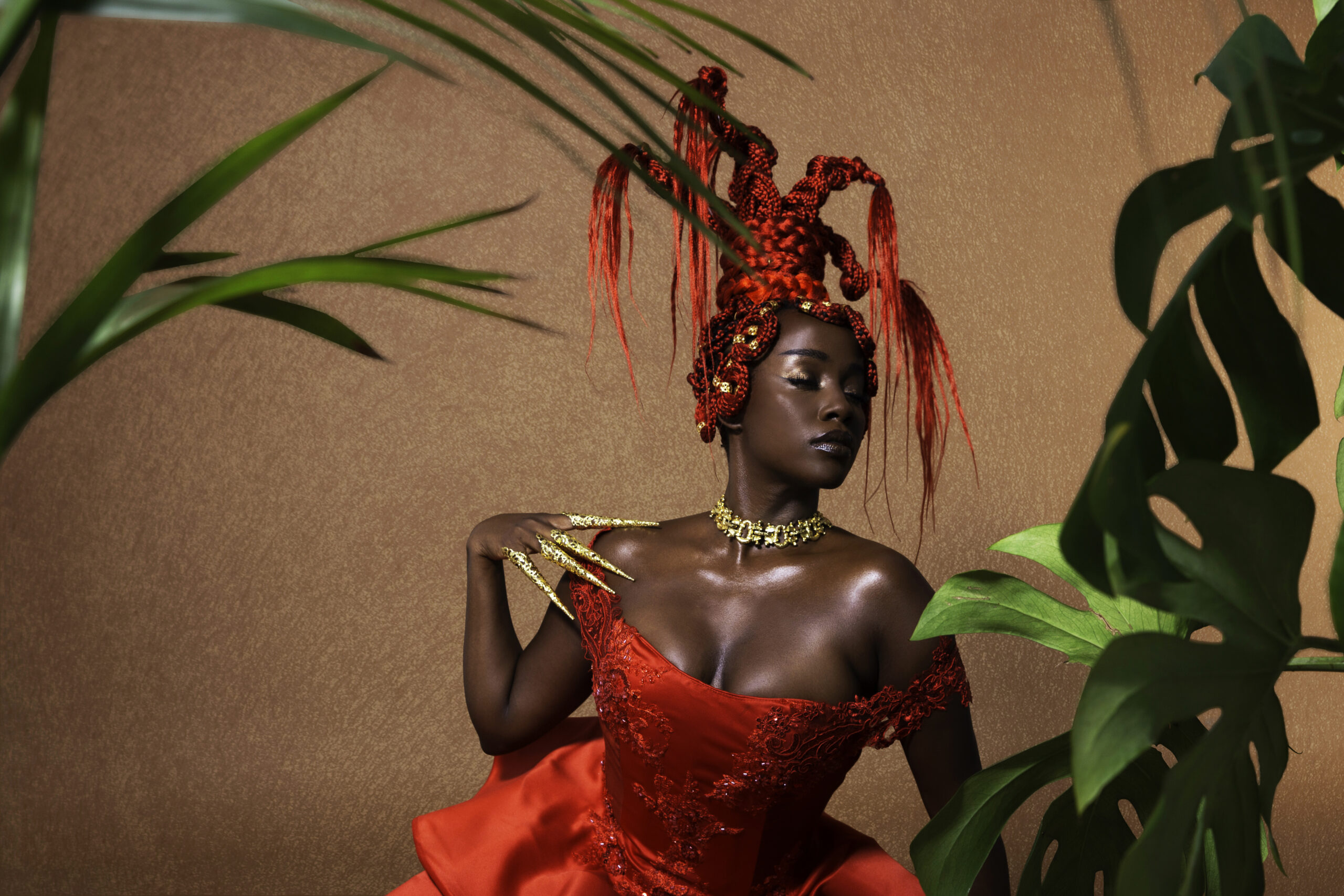MENU


Aiza
Story
Defining your own truth is an artist’s most important battle. For bilingual pop maven Aiza, it comes with the territory.
The Montreal-born, Toronto-based artist found her earliest creative outlets on the stage, falling in love with musical theatre in high school before finding her rhythm as a singer-songwriter. As a member of various Montreal bands, it was in weekly, improvised genre-bending jam sessions, and working alongside musical heavyweights like Beyoncé’s former musical director/bassist Divinity Roxx and former guitarist in Prince’s New Power Generation, Kat Dyson, where Aiza found her footing as a stage performer. “It taught me to trust myself on stage,” she explains. “You don’t always know if you’re gonna hit the mark, but you have to take leaps of faith.”
Born to Burundian parents, visiting Burundi in 2017 deepened her already strong connection to her roots, with her creativity offering another way for her to tap into her lineage in more intentional ways. Surrounded by the sounds of her rich culture, Aiza describes the rhythm and connective spirituality of Burundian music that found its own way into her own. “It’s all about thanking God for the blessings, asking God for protection, and it was always playing in the background,” she explains. “I don’t consider myself religious, but I’m very connected to spirit… so there is always an element of knowing that you can create the life that you want when you’re tapped into spirit.”
Before trading Montreal for Toronto, Aiza released an EP called Adieu, the first to see her play with the idea of making music in both English and French. Growing up in the cultural divide between the two languages, Aiza says her bilingualism was perceived as a threat instead of a strength; saddled with the expectation of choosing one market and sticking to it. In French, her mother tongue, Aiza found a renewed dexterity and poeticism as a songwriter, its linguistic nuances helping her lean further into tenderness and vulnerability. “French calls for just a bit more meticulousness,” she explains. “It’s very easy to sound cheesy, but it’s something in the writing. The language is so rich, you just have to know how to use it. It felt like I finally allowed such a big part of me to have a voice.”
From conquering stages across Canada, Aiza became a small screen mainstay as her acting career started to gain traction, landing roles on Netflix shows like “Jupiter’s Legacy,” CBC’s “Workin’ Moms”, and JUNO-nominated animated series “Jeremy & Jazzy” as she continued to work on music. Aiza also went on to produce, write, direct, and co-host the series “Real Blackity Talk” for CBC Gem with her sister Kamana, celebrating the perspectives and experiences of Black women and non-binary Black people in Canada. It won “Series of The Year” at the 7th annual Dynasty Gala, and received a nomination for “Best Host, Web Program or Series” at the Canadian Screen Awards. Her music found a home on the small screen too, with her songs appearing in shows like Tuca & Bertie, Selling Tampa, Ginny and Georgia, and Kim’s Convenience.
By 2019, after winning a place in the prestigious Allan Slaight JUNO Master Class artist development program, Aiza was set to perform at the 2020 JUNO Awards before it was inevitably cancelled as the world went into pandemic lockdown. Living in a new city with venues closed, her creative focus shifted inward. “All I ever did in Montreal was be on stage all the time, perform, [and] tour with friends, so coming to Toronto forced me to get into the studio,” she explains. “It was a weird time, going from being such an extrovert and social butterfly to not seeing anybody and wondering what the hell is going on. And so I channeled that in the music.” Alongside her partner and producer C the Reason and sister Kamana, her full-length debut album Sovereignty started to take shape. Her explorative and fearless sonic approach sits at the forefront of Sovereignty, as Aiza seamlessly blends sounds from across the continent and diaspora, from Afropop and Afrobeat to Coupé Décalé and reggaeton, with soulful R&B. “I want to make music that makes you move, and there’s nothing better to me than the music in the African diaspora,” she explains. “My producer and I, we’re both obsessed with everything from Brazilian Samba to classic Afrobeat—Fela Kuti style.”
Oscillating between diasporic soundscapes and timeless R&B, it’s Aiza’s velvety vocals that serve as the project’s grounded core. Confident and braggadocious, it plays to the album’s pop sensibilities. Tracking the life lessons along a young Black woman’s path to who she is today, moods volley from cathartic introspection to self-assured empowerment.
Opening with Aiza’s signature playful swagger over bass-heavy trap drums, the album’s title track sets the tone for the rest of the project: understanding of the past and confidence about defining the future on her own terms. It’s an idea that shows up multiple times across the project, finding Aiza in various states of holistic, boundary-setting self-love. Songs like “Cocoa Butter” play like a pampering, pre-party pep talk, a bouncy party jam inspired by North African flutes. On “Black Tea,” Aiza makes it clear that self-care is more than skin deep, prioritizing peace above all else over old school soul production.
Inspiring and elevating, Aiza invites listeners to decide what the power of self means to them, and to the world at large. “Majimbo,” named for internet star Elsa Majimbo, speaks to being your most authentic self, no matter who’s watching. On “Rosé,” which boasts the album’s only feature of Divinity Roxx, is an assertive, slow-creeping R&B banger about navigating complex connections that no longer feel right. Similarly on the project’s sole song in French, “Kité” sees Aiza fiercely protecting her energy over percussive, dancefloor-ready Ivorian coupé décalé.
The idea of loving yourself boldly is another one of the project’s driving forces, exploring its multiplicities and nuances through space and time. “Little Girl” finds Aiza speaking sweetly to her inner child, promising to protect her and reassuring her that things will turn out, while “I Want Your Love” is a reggaeton-infused ode to her partner that’s been years in the making. “It’s actually one of the first songs I’ve ever written,” she says. “This was when I was still living at my dad’s [in Montreal], recording myself on my shitty little microphone on my laptop. That song just really poured out of me and I never let it go.”
The project plays like a cosmic journey that Aiza hopes listeners will go on with her, their own steps guided by its loving nudges towards their purest truth. “I want you to listen to this album and be inspired to look within and stand in your truth, unapologetically. Whether it’s that little spot in you that still needs healing or the part of you that is screaming for an epic celebration.”


